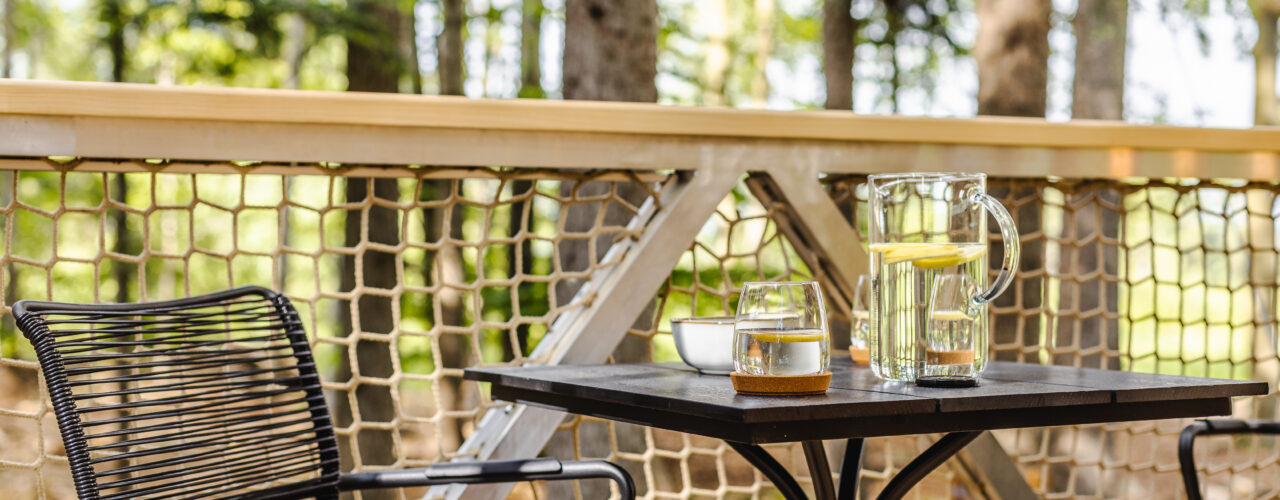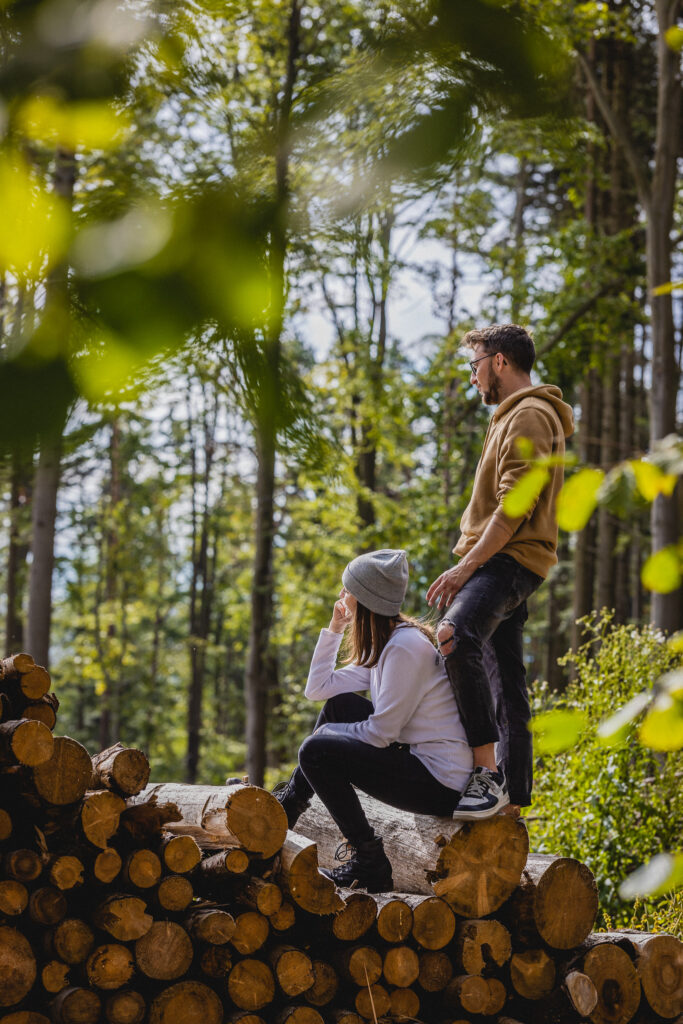
Every hormone, every chemical in the brain, every digestive enzyme reaches its peak performance at a certain time of day. The maximum of productivity is pre-programmed, as is the point of decline. In short, our bodies are cleverly set up, and this built-in system helps the body’s processes to happen at the optimal time. Then we are well and feel fit. These simplified timing mechanisms are called circadian rhythms.
Circadian rhythms can be observed in many aspects of our behaviour and physiology. They are governed by the circadian clock, which is found in every human organ and cell (the main ones are in the brain). You may slam your alarm clock three times in the morning, but you should listen to this one. It tells the brain when to go to sleep, it tells the gut the effective time to digest food, and it tells the heart to pump more blood. Just think of the confusion when you’re doing three things at once. We can’t fall asleep while concentrating on solving a complex math problem. We can’t sleep and wake up in one moment. We can’t sleep and digest our dinner at the same time. Also, our bodies require a certain order. They need time to rest and repair so that they can reach their full potential at the right time. Incidentally, the term circadian comes from the Latin term “circa diem”, translated as “around the day”.
Circadian rhythms are most often discussed in the context of sleep. Exposure to light during the day causes the master clock to start sending wakefulness-generating signals. Insulin sensitivity increases and melatonin decreases. This helps us stay awake and active. As we approach darkness in the evening, the clock initiates melatonin production, in turn decreasing insulin sensitivity. It transmits signals that help us sleep at night. Simply put, the clock aligns our sleep/wake with the night/day. They build a stable cycle where nighttime recovery allows us to have increased daytime activity.
What if you turn the clock off? You upset your body’s processes and can cause serious sleep problems. Struggling to fall asleep, waking in the night, insomnia, shallow sleep and generally poor sleep quality. Research suggests that chaotic circadian rhythms have impacts on various aspects of physical and mental health. And all it takes is really little. Because the factors to derail yourself are numerous. Shift work, jet-lag, unhealthy lifestyles, excess caffeine, not enough exercise, taking certain medications, using electronics right before sleep, etc.

It’s all connected. Sleep affects two hormones in the body that regulate hunger. Ghrelin and leptin. While the former promotes appetite, the latter does the opposite. If you don’t get enough sleep, you dampen the circadian rhythm and encourage their activity – ghrelin upwards, leptin downwards. You can translate that to you getting hungry and going mainly for sugar.
This fact implies that our intestines or stomach also have circadian rhythms. Yes, the digestive system needs to shut down and reset at night. It is not only the composition of the food that matters, but also the time of day we eat. The circadian code recommends a 14/10 schedule. You eat in a 10-hour window (or less), and take a break in the rest. When you eat dinner late in the evening, the digestive organs are already “asleep” and so food does not go down the digestive tract. The food just “sits” there. You also don’t drool as much, which is also not good for you. Saliva helps to neutralise the acid that builds up in the stomach. We’ll repeat ourselves, but you just can’t sleep and digest dinner at the same time. By the way, according to experts, aligning mealtimes with your circadian rhythm can help you lose weight, improve endurance and reduce your risk of type 2 diabetes or high blood pressure.
If you are “off balance” for various reasons, getting back on may not be easy. Nevertheless, we have written down some recommendations on what to do when balancing your inner rhythm.
That is, learn to go to bed and get up at the same time. When you create a consistent sleep schedule, you will better regulate your sleep patterns, which will have a positive impact on your circadian rhythm.
Really just keep the bedroom quiet and dark. That means no electronics or other stimuli that distract you and interfere with the calming atmosphere and relaxation of your body and mind.
This is a great way to tweak your circadian rhythm and promote mindfulness. When you work out in the morning or early afternoon, it gets you started. Whether for getting up on your own or for other activities. Conversely, exercising in the evening might be too stimulating for you and could make it harder to fall asleep.
Clearly, this stimulant keeps you awake. This means that if you overdo it with caffeine late at night, your body will have a harder time relaxing and settling down to sleep.
Because exposing yourself to natural light, especially first thing in the morning, will help you wake up and keep your internal clock in balance.
Because here you will spend the day in the fresh air, surrounded by peaceful nature and in its embrace you will also fall asleep.
_ _ _
OOTOOLNO sees glamping as a momentary bliss in the middle of nature. The mind slows down, the body relaxes, and life gets a new perspective for a moment. How about bringing a similar comfort into your daily routine? Take care of your sleep, cheerful mood, and physical and mental health, because we shouldn’t just feel good on holiday. That’s what our well-being blog is all about. Read on and get inspired.